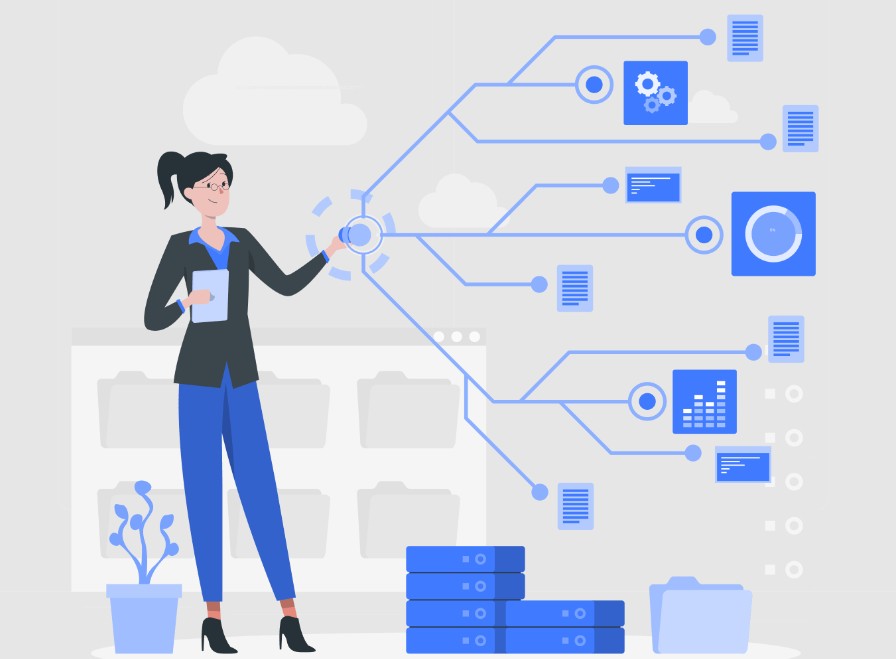In today’s fast-paced digital world, enterprises are constantly inundated with vast amounts of data from various sources. From customer information to market trends, the data available to businesses is invaluable for making informed decisions and staying ahead of the competition. However, managing and making sense of this data can be a daunting task. This is where data orchestration comes into play.
What is Data Orchestration?
Data orchestration is the process of harmonizing and optimizing data collection, storage, processing, and analysis across multiple platforms and systems. It involves ensuring that data is accurately collected, transformed, and delivered to the right people at the right time. By orchestrating data effectively, enterprises can streamline their operations, improve decision-making, and drive business growth.
Why is Data Orchestration Important for Enterprises?
Data orchestration is crucial for enterprises for several reasons. First and foremost, it enables organizations to break down data silos and integrate information from disparate sources. This allows for a more comprehensive and holistic view of the business, leading to more informed decision-making. Additionally, data orchestration helps improve data quality and consistency by standardizing processes and ensuring data accuracy.
Furthermore, data orchestration enhances data security by implementing robust access controls and encryption measures. This is especially important in today’s data-driven world, where cyber threats are constantly evolving. By centralizing data management and control, enterprises can better protect their sensitive information from unauthorized access.
How Can Data Orchestration Benefit Enterprises?
There are several key benefits that Data orchestration can bring to enterprises. Firstly, it can help improve operational efficiency by automating data workflows and reducing manual tasks. This frees up valuable time and resources that can be allocated to more strategic initiatives. Additionally, data orchestration can drive innovation by enabling organizations to uncover valuable insights from their data and develop new products and services.
Moreover, data orchestration can enhance customer satisfaction by enabling personalized and targeted marketing campaigns. By leveraging data insights, enterprises can better understand customer preferences and behavior, leading to more relevant and engaging customer experiences. This, in turn, can help drive customer loyalty and retention.
Conclusion
In conclusion, data orchestration is a game-changer for enterprises looking to harness the power of their data. By harmonizing data collection, storage, processing, and analysis, organizations can unlock valuable insights, drive operational efficiency, and enhance decision-making.
In today’s data-driven world, the ability to orchestrate data effectively is essential for staying competitive and driving business success. Embracing data orchestration can help enterprises thrive in the digital age and achieve their strategic objectives.
Discover how data orchestration is revolutionizing the way enterprises manage and harness data. Learn why data orchestration is crucial for business success.

